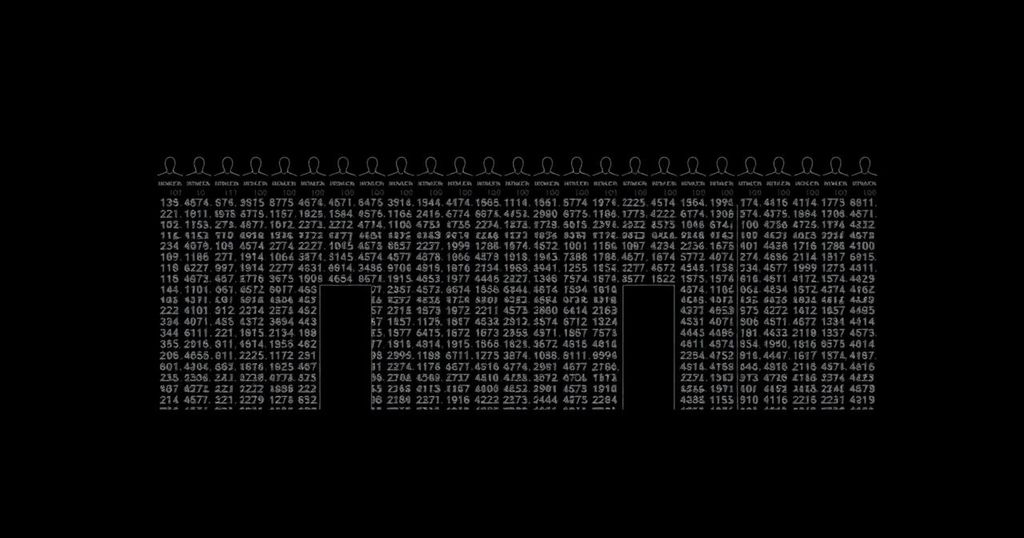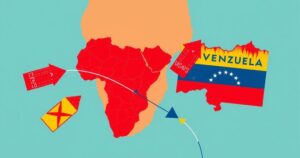International Tribunal Holds Indonesia Accountable for 1965 Genocide

An international tribunal has determined that Indonesia is guilty of crimes against humanity for the mass killings of 1965, which resulted in the deaths of approximately 400,000 to 500,000 individuals, with findings of complicity from the United States, United Kingdom, and Australia. The tribunal’s report features grave allegations of human rights violations and calls for reparations, although the Indonesian government has indicated it will not adhere to external recommendations.
An international tribunal has found Indonesia culpable for crimes against humanity during the mass killings of 1965, when an estimated 400,000 to 500,000 individuals, primarily those associated with the communist party, were murdered by military death squads. The report implicates the United States, United Kingdom, and Australia as complicit in these atrocities, indicating that these countries were aware of the ongoing violence yet chose to support the Indonesian military. Led by Judge Zak Yacoob, a former South African Constitutional Court Justice, the tribunal held hearings in The Hague, where over twenty witnesses provided testimony, some under conditions of anonymity to safeguard their identities. The report detailed numerous human rights violations, including torture, unjust imprisonment, enslavement, and systematic sexual violence. It also called upon the Indonesian government to formally apologize, conduct investigations, and compensate survivors. Despite the tribunal’s findings, Indonesian Coordinating Minister for Political, Legal and Security Affairs, Luhut Pandjaitan, affirmed the nation’s commitment to resolving its historical issues independently and stated that no external interference would dictate Indonesia’s approach. The report details how the 1965 mass killings stemmed from a failed coup against President Sukarno, after which Major General Suharto rose to power, leading to extensive purges during his subsequent dictatorship of over three decades. Human rights organizations have previously estimated casualty figures as high as one million as a consequence of these events. The International People’s Tribunal (IPT) 1965 was established in 2014 as a response to the lack of domestic transitional justice processes in Indonesia, aiming for truth and accountability.
The 1965-66 purges in Indonesia were precipitated by a failed coup that resulted in the assassination of several generals. Major General Suharto scapegoated the Indonesian Communist Party and initiated widespread military operations against suspected communists and leftist sympathizers. The ensuing violence led to mass executions and human rights abuses across Indonesia, and the legacy of this dark chapter remains controversial and sensitive in Indonesian society. The year’s tumult spurred civil strife and set the stage for years of authoritarian rule under Suharto. The actions of Western nations, notably their knowledge of the unfolding genocide and subsequent support for the Suharto regime, have raised persistent ethical questions concerning international complicity in human rights violations.
In summary, the International People’s Tribunal’s findings deliver a significant indictment of Indonesia’s past actions during the 1965 mass killings and indicate culpability of several Western nations. Despite the tribunal’s recommendations for reparative measures, Indonesia’s government insists on managing these historical grievances without external influence. The 1965 atrocities continue to resonate, necessitating ongoing dialogue and acknowledgment in the pursuit of justice and reconciliation.
Original Source: www.cnn.com






